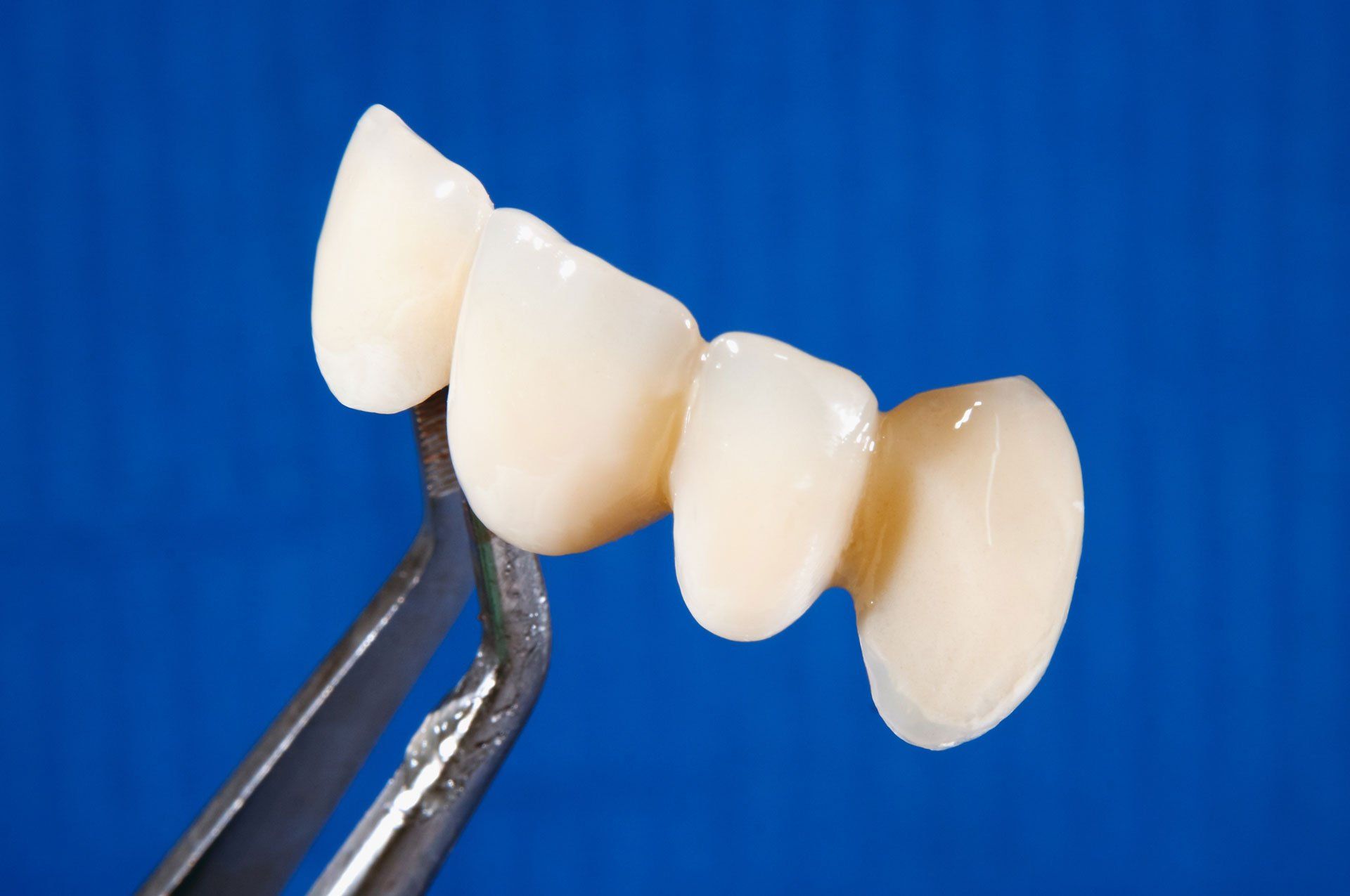Do you have signs of teeth wear? Understanding potential culprits is the first step to protecting your teeth. Learn about some common causes of teeth wear.
If you wear dentures to replace missing teeth, it's important to take extra care of your dentures. Learn how to keep your dentures in good condition.
The two types of dentures include full and partial dentures. Read this blog to learn about these options and what they can do for your smile.
Loose dentures can be an annoyance, but they can also be a serious health concern. Read on to learn more about the causes and solutions for this problem.
Dentures usually last, but you may experience issues that need repair. Explore why your dentures may need repair and what two denture repair options are.
Wisdom teeth removal is an oral surgery recommended due to impaction or other oral issues. Read on to learn more about the wisdom tooth extraction process.
If you have dentures, one condition that you should be aware of is denture-related stomatitis. Read this blog to learn about this condition.
How will a new set of dentures affect your speech? Read this blog to learn about the effects of dentures on your ability to speak clearly.
How should you care for your mouth after a denture dental extraction? Take a look at what you need to know about healthy oral care.







